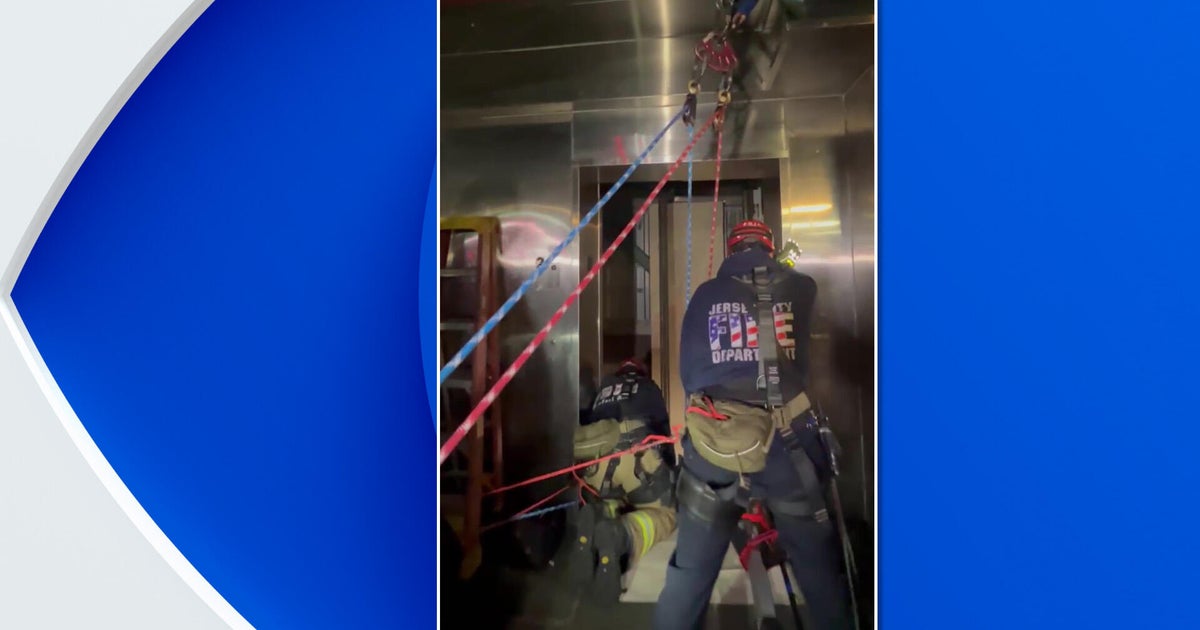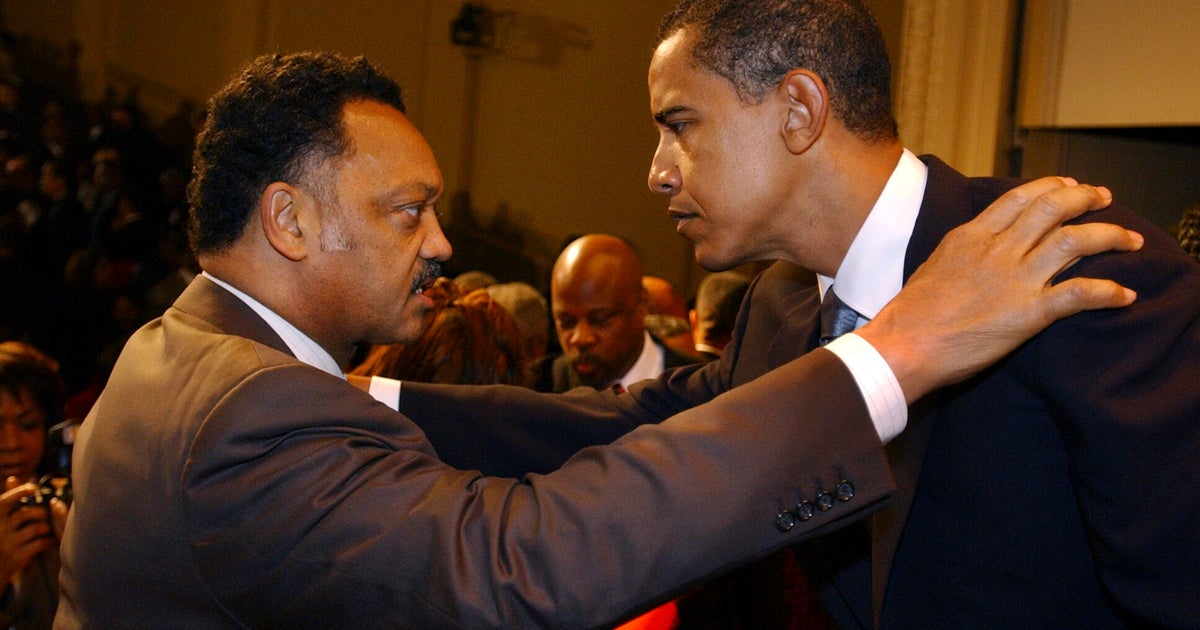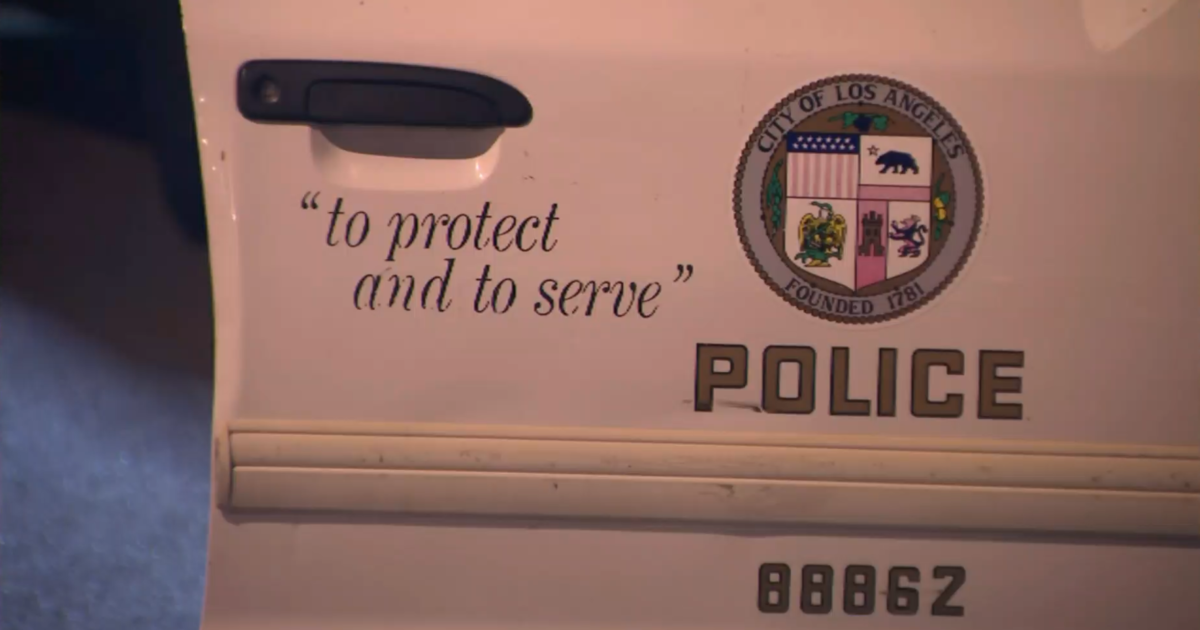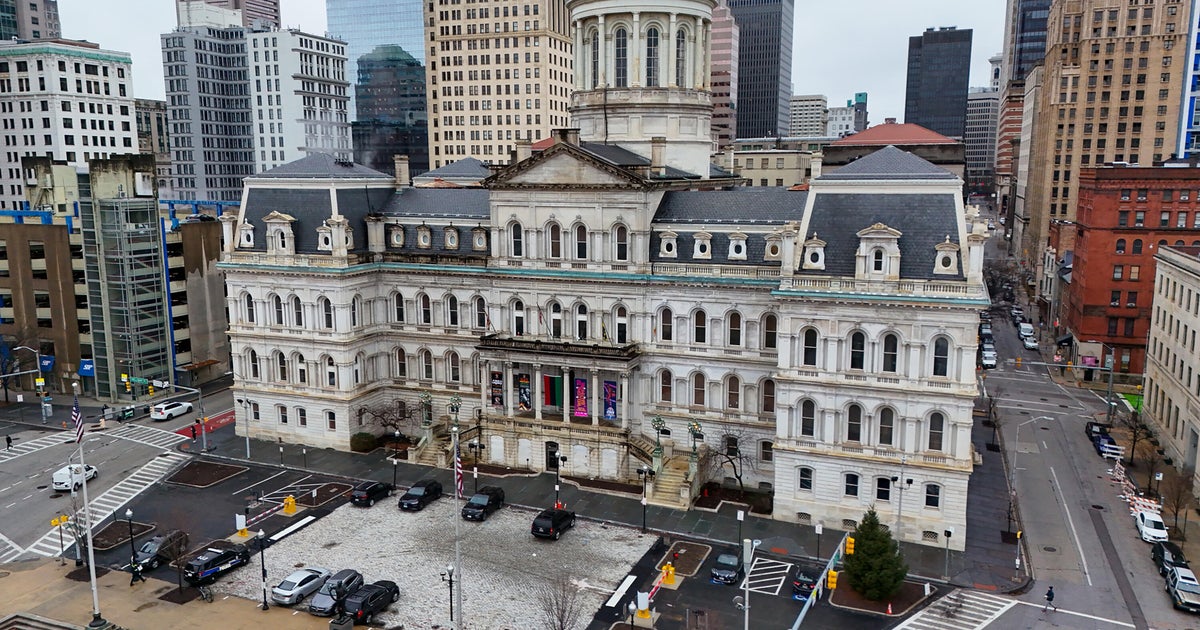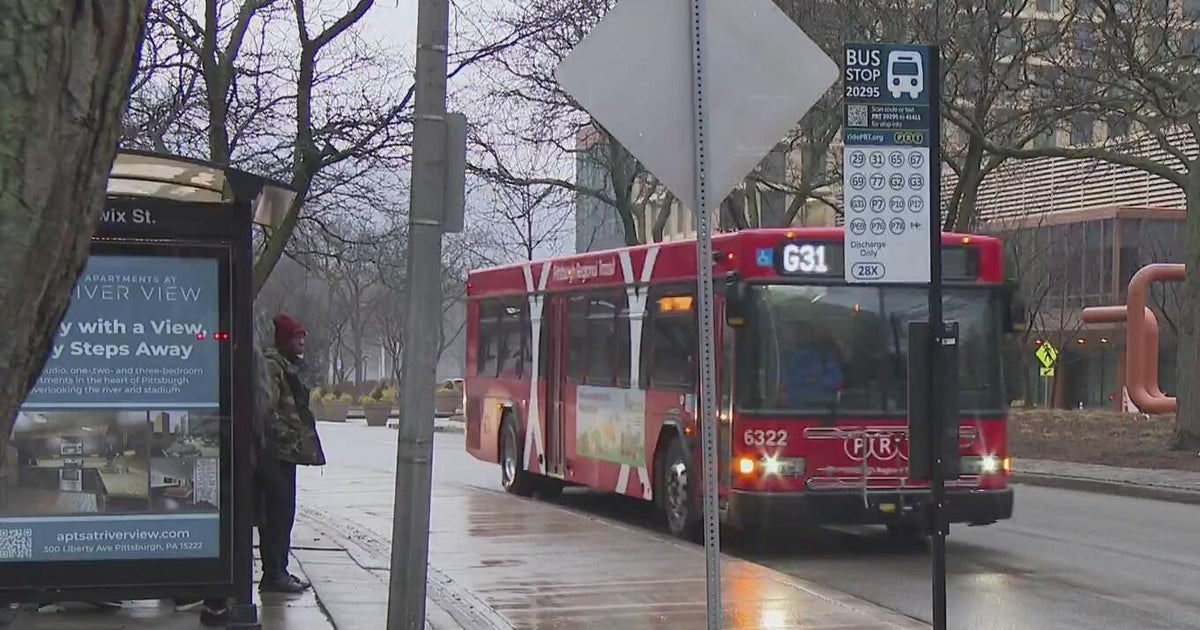Obama To Seek More Than $60B In Sandy Aid From Congress
WASHINGTON (CBSNewYork/AP) -- President Barack Obama is asking Congress for $60.4 billion in additional emergency aid for 11 states struck by Superstorm Sandy.
The figure is less than the $83 billion New Jersey Gov. Chris Christie sought Thursday from Obama in extra disaster aid for his state plus New York and Connecticut.
President Obama also signed an executive order Friday establishing a Hurricane Sandy Rebuilding Task Force.
Web Extra: Read The Executive Order Here
Victims fear the money might not reach the people who need it most.
A devastated Rockaway Beach is desperate for help. Assistance may be a bit closer now that President Obama has submitted the request to Congress.
But is it enough?
"It's short of what we probably need, but it's a start," Rockaway Beach resident Ruth Krauthamer told CBS 2's Jessica Schneider on Friday.
Krauthamer lives on the second floor. She said she was spared from the worst, but is still staring at the ruins of the Rockaways.
"This is a very good start -- $60 billion is a lot of money. While it doesn't cover everything we need, it's a very good percentage," New York Gov. Andrew Cuomo said.
The package includes $9.7 billion for the National Flood Insurance Program, $750 million for the Small Business Administration and private loans, and $11.7 million to repair transportation infrastructure.
Marie Raico has lived in Rockaway Beach all her life. With thousands of dollars of her personal belongings destroyed, she said she got only a $300 check from the Federal Emergency Management Agency. So she's skeptical government aid will be enough.
"I want to know that it's going to go to the people who need it the most. It's the people who live down here who have been crushed by this," Raico said. "You have to hope that the system doesn't fail you."
Cuomo and Christie issued the following joint statement Friday afternoon:
"During the past days and weeks, we have been working very closely with the President, administration officials and our respective congressional delegations to craft a supplemental appropriations request that meets the critical needs facing our states in the wake of Hurricane Sandy. Today's agreement on the Administration's request to Congress would authorize more than $60 billion in funding that will enable our states to recover, repair, and rebuild better and stronger than before. This package also includes funding to invest in essential mitigation and prevention efforts that will better protect our region against the devastating impacts of future superstorms.
"The request is crafted to afford maximum flexibility to state governments and we will continue to work with the Administration and Congress as our needs arise.
"We thank President Obama for his steadfast commitment of support and look forward to continuing our partnership in the recovery effort."
Mayor Michael Bloomberg also issued a statement Friday: "Over the last few weeks, we have worked closely with the Obama Administration, particularly with the President's point person for the disaster, HUD Secretary Donovan, and we've had an open and productive dialogue. While the total funding request released by the White House today is not everything requested, we have always been realistic about the fiscal constraints facing the Federal government. Now it's up to Congress to come together and work in a bi-partisan fashion, and I know that our Congressional delegation will work extremely hard to deliver the maximum possible aid, without any spending offsets.
"We need a full recovery package to be voted on in this session of Congress. Any delay will impede our recovery. The conversations we have had with leaders from both sides of aisle on Capitol Hill have been positive, as they recognize the extraordinary needs and the importance of quickly helping the communities most impacted by Hurricane Sandy. Governor Cuomo has been a forceful advocate and as the appropriations process moves forward, we will continue to work in close concert with the Governor and his team to make the case for Federal aid to New York."
Tri-State Area lawmakers and officials made visits to Washington this week to talk to Obama and members of Congress about the impact of the storm and what's needed for recovery.
Christie's pitch on federal aid was echoed by other officials at a Senate panel hearing Thursday.
Trains, tracks, tunnels, bridges, roads, rail stations and airports damaged from Sandy will cost billions of dollars to repair and even more to make them resilient enough to prevent similar devastation from future storms, lawmakers and transportation officials from New York and New Jersey told a Senate subcommittee.
"We have not restored service to the full capacity, we're nowhere near normal operations and that won't be for quite some time," Metropolitan Transportation Authority Chairman Joseph Lhota testified. "It's important to remember that hundreds of millions of gallons of salt water completely inundated our system that's over 100-years-old. We will be feeling the residual effect of this storm for months if not years to come."
Transportation infrastructure in New York suffered $7.5 billion in damage, said Schumer. The MTA pegged its damages at $5 billion.
James Weinstein, executive director of NJ TRANSIT, said $100 million is needed to repair or replace storm-damaged equipment, including rolling stock for New Jersey's transit system.
He said it will take another $300 million to fix and replace track, wires, signaling, electrical substations and other equipment, and to cover the cost of supplemental bus and ferry service and lost revenue.
Cuomo and Bloomberg made similar trips to Washington recently to press for federal money.
Is the $60 billion enough to pay for post-Sandy damage? Share your thoughts in the comments section below...
(TM and Copyright 2012 CBS Radio Inc. and its relevant subsidiaries. CBS RADIO and EYE Logo TM and Copyright 2012 CBS Broadcasting Inc. Used under license. All Rights Reserved. This material may not be published, broadcast, rewritten, or redistributed. The Associated Press contributed to this report.)
